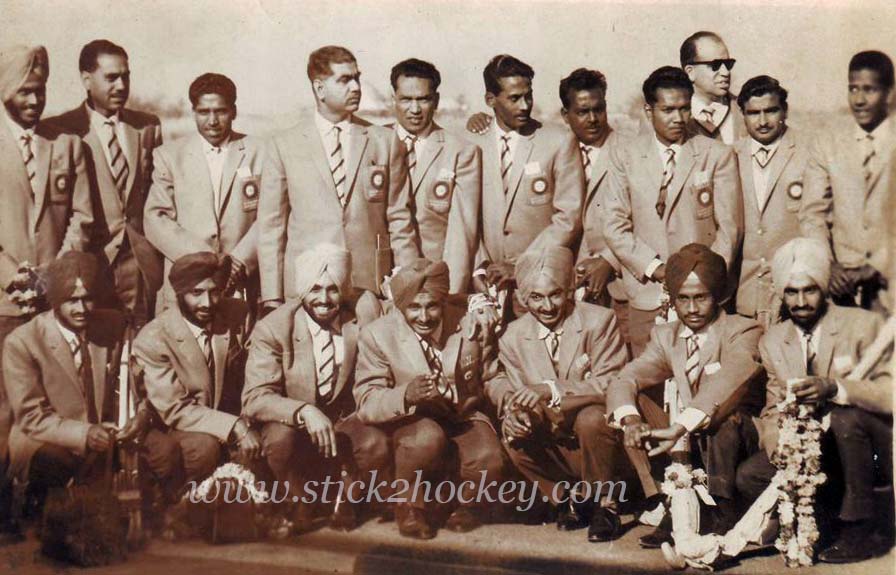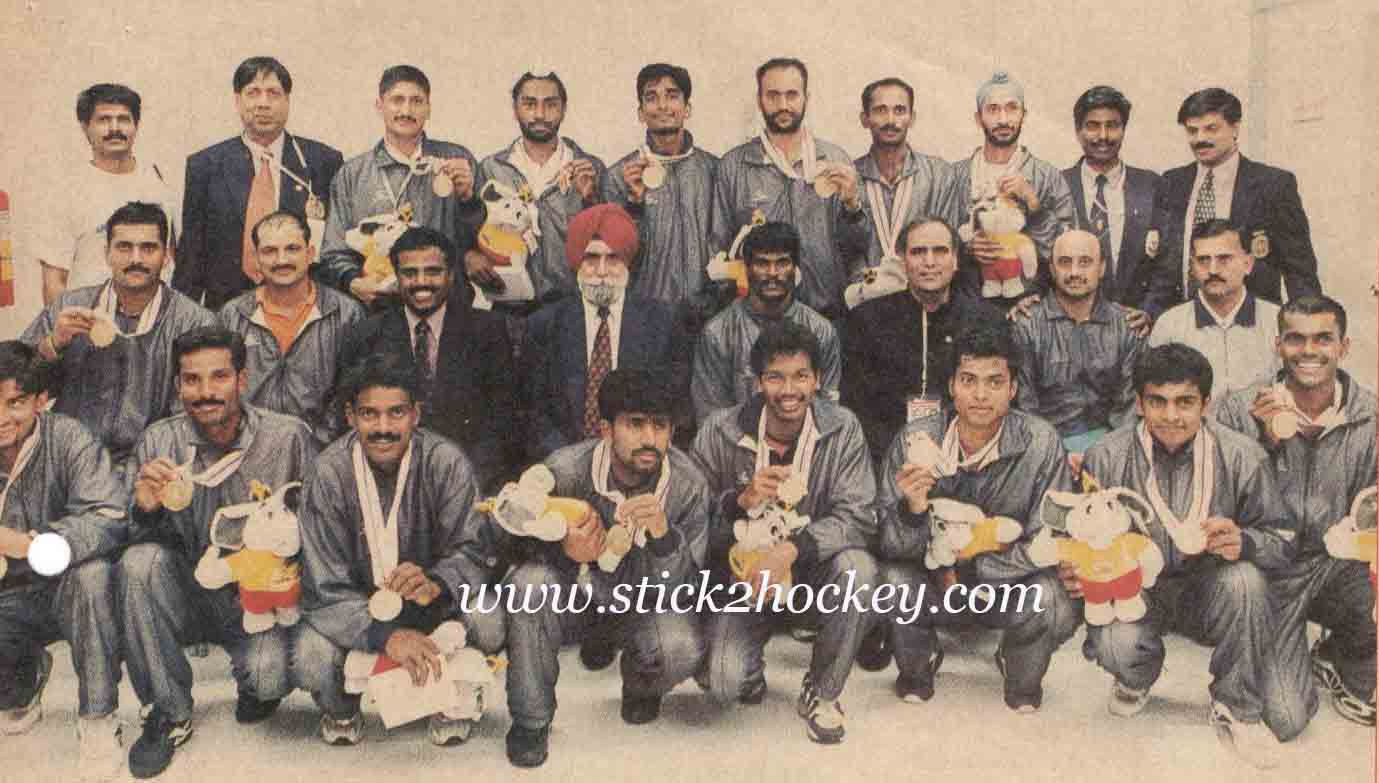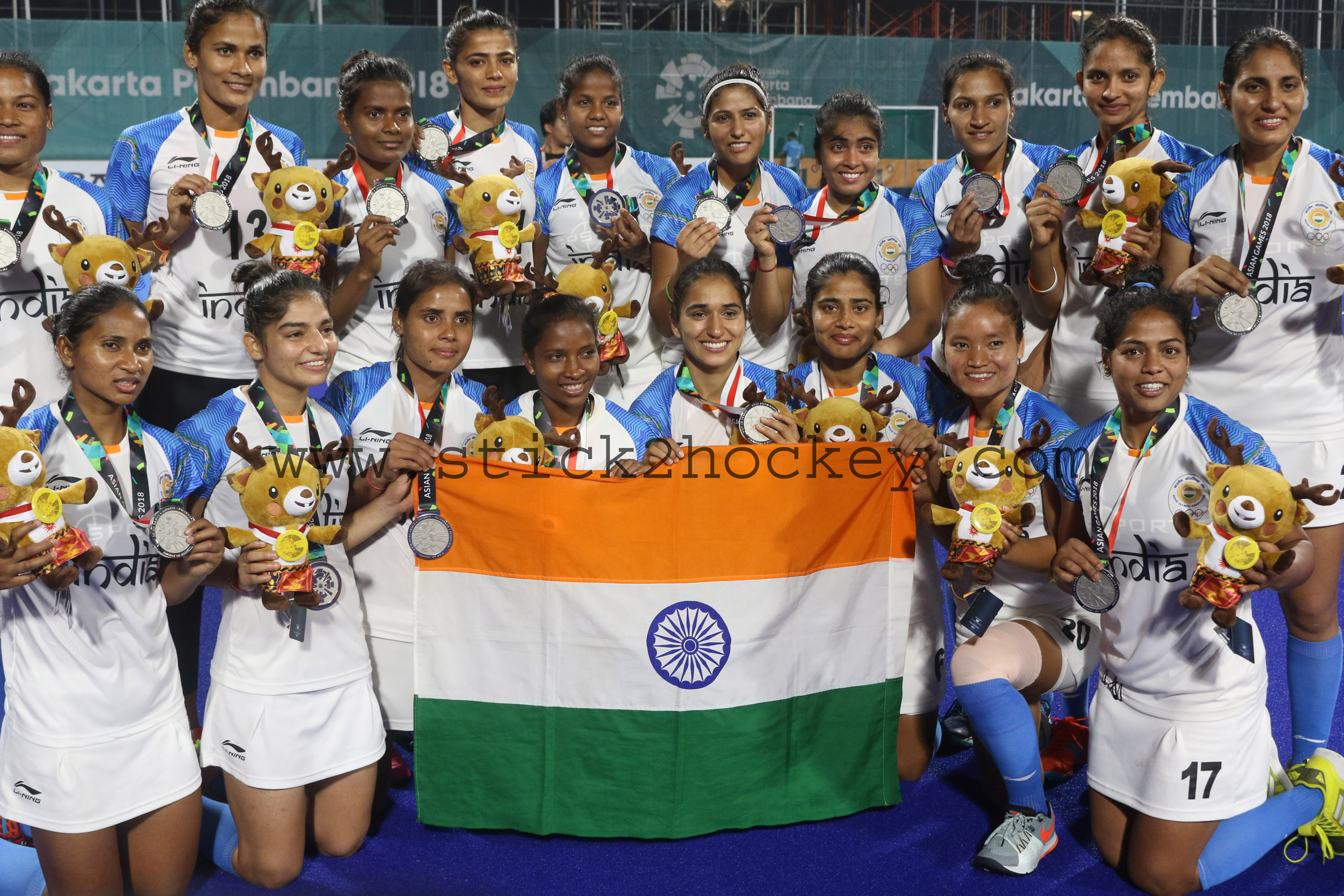ASIAD MEN’S HOCKEY: PARIS2024 TICKET WORTH MORE THAN GOLD
Share
ERROL D’CRUZ
It’s Asian Games time again. And, no matter what the strutting by a buoyant Team India, there will be jitterbugs in the camp. After all, the quadrennial continental multigame show is a qualifying event for the Olympics with a direct ticket to Paris 2024 on offer for the winners in Hangzhou, China.
When 12 teams converge there in a week’s time, much as Asian supremacy is on the minds of contenders, the big prize will be the 2024 Paris Olympic spot that would await the gold medalists.
The Olympics is the pinnacle for hockey. It draws the best out of teams on the international stage. Making the grade brings unbounded joy. Missing the bus, utter despair. It’s that despair that still haunts Indian men’s hockey. Going back to the 2006 Asiad in Doha, Qatar, India crashed to lowly fifth, finishing without a medal for the first time, and, of course, the direct ticket to the 2008 Beijing Olympics.
India then had to endure a tricky Olympic qualifying process, eventually failing to qualify from a six-team group in Santiago, Chile, after finishing second to Great Britain. It meant the ignominy of missing the Olympics for the first time ever since debuting at Amsterdam in 1928.
The eight-time gold medalists’ fiasco rocked the sport in the country and the world at its foundations. The monumental failure sent the FIH scurrying to implement measures to prevent India from missing the Games ever again. From recommending legend Ric Charlesworth to oversee coaching to providing financial aid to pep up infrastructure, the world body left no stone unturned to ensure India remain in the top bracket in order to be well poised to qualify for the Olympics.
Charlesworth’s tenure ended after it barely started, the Australian returning home disillusioned after he apparently did not jell with the governance and coaching hierarchy in the country.
Thankfully, however, India have made the Olympics every single time since Beijing, and with a degree of comfort, but at subsequent Asian Games, the men’s team has won just one gold medal, at Incheon, South Korea, in 2014, courtesy a nerve-wracking penalty shootout victory over arch-rivals Pakistan.
Beaten by a whisker, Pakistan, it were who went down the abyss. The Green Shirts who had missed the 2014 World Cup for the first time ever, failed to qualify for the 2016 Rio Olympics to register another dubious first in their history and suffered the same fate before the 2020 Tokyo Games.
Looking forward to Hangzhou, India will attempt to erase the traumatic experience at Jakarta-Palembang five years ago when their march to the final was ended by Malaysia in a shootout. That the Malaysians, silver medalists in 2018, are perhaps the second favourites in 2023 is a thought that presents a severe challenge to India’s bid to clinch a fourth gold medal and more importantly a direct Olympic berth.
Malaysia, or Speedy Tigers as they are nicknamed, gave India an almighty scare at home in the Asian Champions Trophy in Chennai last month. They led 3-1 before India turned it around to win 4-3 starting with a late third-quarter resurgence.
India are with Pakistan and Japan in Pool A which also includes Bangladesh, Uzbekistan and Singapore. Japan the defending champions, clinched the gold with an incredible shootout win over Malaysia in the final after full-time produced a 6-6 draw.
South Korea and Malaysia have a far easier path to the semifinals, having China, Oman, Thailand and Indonesia for company in Pool B.
But the Men in Blue will face a resurgent Pakistan, their 4-0 win in Chennai notwithstanding. Harmanpreet Singh’s men will also remember a 1-1 draw with Japan after trailing for much of the pool match. They made amends with a 5-0 win over the Japanese in the semi-finals but know too well the realities of Asian hockey these days. Besides Malaysia, Pakistan and Japan, there’s South Korea, the defending Asia Cup champions, and an unknown quantity in China who want to make up for a self-imposed exile in the last four years that ended with their Asian Champions Trophy participation in the previous month.
The Asian Games has been an event fraught with anxiety for Indian hockey. And well before it gave its gold medallists a direct berth to the Olympics for the first time in 1990. India were left shell-shocked at the very first Asian Games hockey event way back in Tokyo in 1958 where Pakistan upstaged the six-time Olympic gold medalists by clinching gold on goal difference after holding India 0-0.
Jakarta, four years later, saw the Green Shirts retaining the title with a 2-0 win over their bitter rivals. However, India achieved their first of three gold medals with a 1-0 win over Pakistan in Bangkok in 1966. Pakistan exacted revenge in the same Thai city in 1970 and left India holding the silver medals at Tehran in 1974, Bangkok again in 1978 and New Delhi in 1982 where they delivered a humiliating 7-1 win over cross-border rivals in their own backyard.

1966 Asian Games hockey gold winning team
The two-horse theory was unceremoniously debunked by South Korea who at home in Seoul won the gold medal with a 2-1 win over Pakistan. At Beijing in 1990, however, Pakistan returned to the top podium with a 3-2 win over India but South Korea proved their 1986 success was no fluke when they beat India 3-2 to win the gold at Hiroshima in 1994.
After a long wait of 32 years, India regained the gold medal after outwitting South Korea in a shootout in Bangkok in 1998. The Koreans however stamped their authority with further gold medals at home in Busan four years later and in Doha, Qatar in 2006.

1998 Asian Games Gold winning Indian Team
Pakistan’s wait for their eighth gold medal lasted 20 years and the Green Shirts broke the drought with a 2-0 win over Malaysia.
Incheon provided joy for India and a third gold medal but expectations of a fourth were quelled by an uncompromising Malaysia four years later. Japan, already automatically qualified for their own Olympics, pulled a rabbit out of a hat and celebrated 2018 Asian Games gold for its own worth and not as a means towards Olympic qualification.


